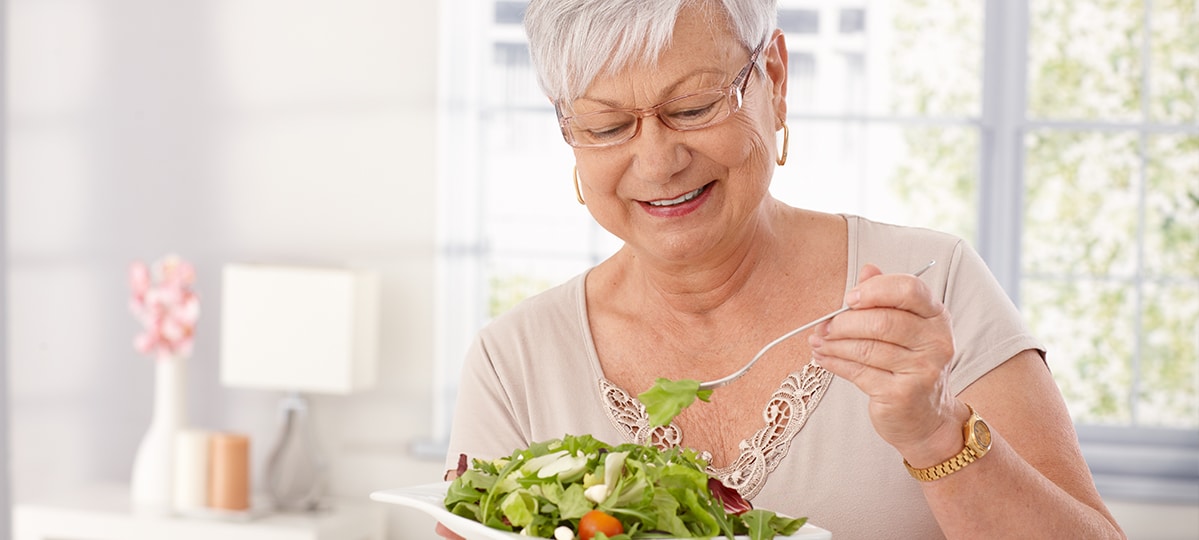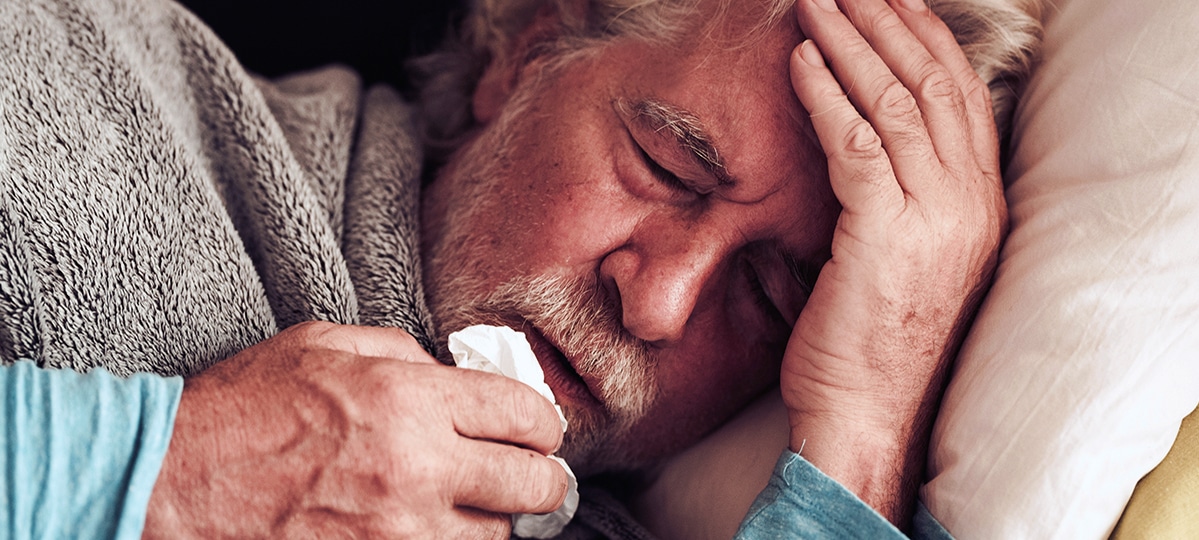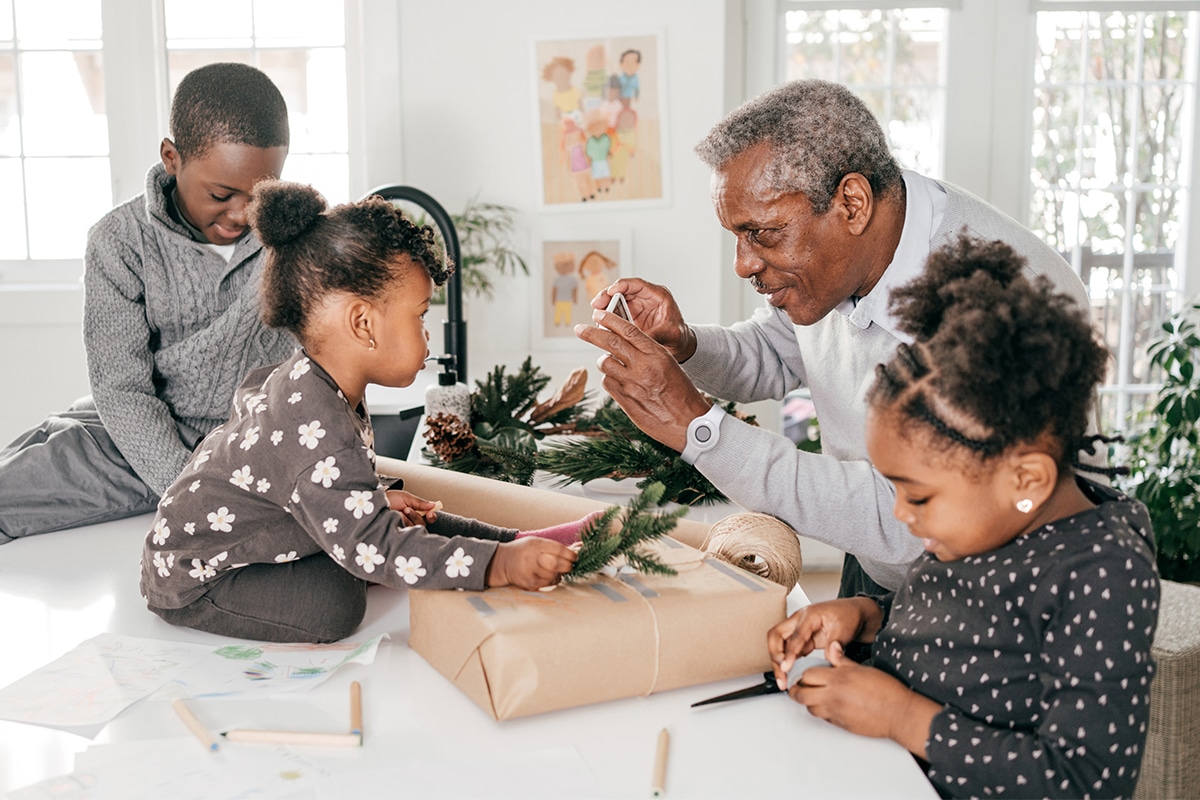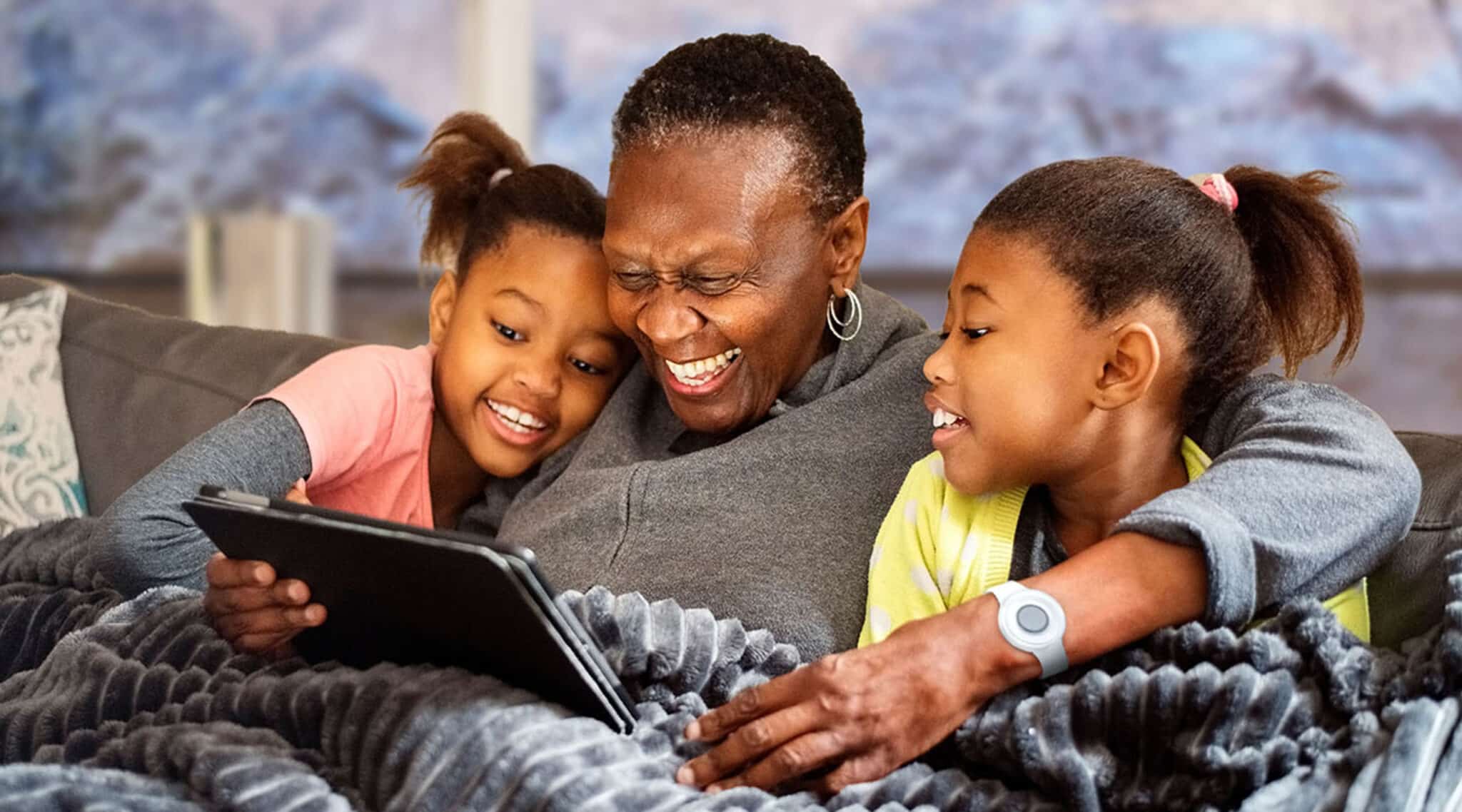It’s normal to feel stressed by the coronavirus crisis—stress actually helps us to navigate infection hazards responsibly. But “chronic stress causes a wear-and-tear” on your mental health that isn’t beneficial, says clinical psychologist Lisa Damour, Ph.D., in a CBS news report on the coronavirus. To combat chronic stress, she says, “it’s important to distract yourself—take breaks from the news by reading a book, watch a funny movie, or call someone you can have a light conversation with.”
10 Strategies to Cope with Stress and Cabin Fever
But stress isn’t always so easy to shake, especially for older people who are more vulnerable. Following are some proven strategies that are sure to ward off that cooped-up feeling and help you to “reset” your stress response.
- Go for a walk, even though you have to stay six feet away from other people. Walking helps keep your weight in check, strengthen your bones, and sleep better at night. Walking as exercise also releases endorphins, the feel-good hormones, which is also a major stress reducer and mood-booster. If you are nervous about walking alone, try using a medical alert system. Choose one that is GPS-enabled so you can be located quickly in case of an emergency.
- Practice the “relaxation response” periodically throughout the day. This famous technique, developed by Harvard cardiologist Dr. Herbert Benson, is considered the opposite of the stress response. It conquers a rapid heart rate and anxiety—which we know as stress—by using breath and body exercises to induce a state of calm. When practiced regularly, the relaxation response can create reserves to carry you through prolonged stress. The two key elements:
- Take slow breaths, from your diaphragm. Imagine a calm scene as you breathe. Whenever your mind wanders to stressful thoughts, bring it back to focus on your breath.
- Practice progressive relaxation, which targets muscle groups to relax body and mind together. Start with your feet and work your way up. Slowly tense the muscles in your right foot, squeezing tightly and holding for a count of 10 while breathing slowly. Move to the left foot, and then perform the tense-relax exercise with every muscle group up your body—from legs through shoulders/back.
- Tour famous museums virtually. Google Arts and Culture partnered with over 2,500 museums and galleries around the world to offer virtual tours of their art. Options include New York’s Metropolitan Museum of Art and the Museum of Modern Art, Amsterdam’s Van Gogh Museum, Italy’s Uffizi Gallery, and the National Gallery in London, to name just a few.
- Try ear acupressure. Research at the National Institutes of Health shows that ear acupuncture—where needles are applied to specific points on your ears—can improve stress and sleep. Experts say a similar effect can be achieved through acupressure, where you simply use your fingers to stimulate the energy points. The most effective spot on your ear is located in the upper shell of your ear, right at the tip of the triangle-like hollow there. Apply firm, gentle pressure in a circular motion for about two minutes. (Your finger should be pointed in the direction of your temple.)
- Try a phone app that works as a de-stressor; many of them can be downloaded for free. Search for apps that aim to decrease stress and improve sleep through music, nature sounds and scenes, a collection of meditations, sleep stories, and mindfulness tools. Some apps will even include video lessons on mindful movement and gentle stretching.
- Combine light and smell to lift your mood. You may have heard about bright light therapy to decrease stress tied to less natural light in winter. If you can’t sit in a window, say Harvard experts, simply add more lamps to your sitting area to gain artificial light that can increase feel-good brain chemicals. But here’s something else to add: a soothing smell as you sit in the light. According to experts, pairing aromatherapy with light therapy boosts the mood-enhancing effect of either alone. Simply inhale the essential oil scent from the open bottle. The following scents are shown to decrease anxiety, fatigue, and stress and to improve heart rate, breathing, and even immune function: lavender, bergamot, sweet orange, rosemary, rose and grapefruit.
- Surround yourself with views of nature to feel “transported”—all from the cozy safety of your favorite chair. National parks are providing virtual tours, where you can travel the trails of Yellowstone National Park and Yosemite National Park.
- Visit a zoo or aquarium–virtually. Check out the mesmerizing live webcam viewings of the elephants or Giant Panda at Smithsonian’s National Zoo (webcam operators follow the animals during daytime hours). Or feel the hypnotic pull of watching jellyfish drift or the kelp forest sway in the webcam videos of the Monterey Bay Aquarium. These aquarium videos are available at night, too, and it’s positively Zen-like.
- Have fun with hobbies and games. Paint, cook, play chess or other board games. You can also try learning a new language using a free language-learning app, or a new hobby like knitting by watching a YouTube video.
- Binge-watch classic television programs. Netflix has entire catalogs of some of the most beloved series such as Cheers, Twin Peaks, The Rockford Files, The Twilight Zone and The Wonder Years, to name a few. The Hallmark Channel also just announced a Christmas Movie Marathon during self-quarantine with 27 original “Countdown to Christmas” holiday films from recent years. For sports lovers, ESPN announced it will soon air “full classic games creatively packaged together to make mini-marathons of programming.”




